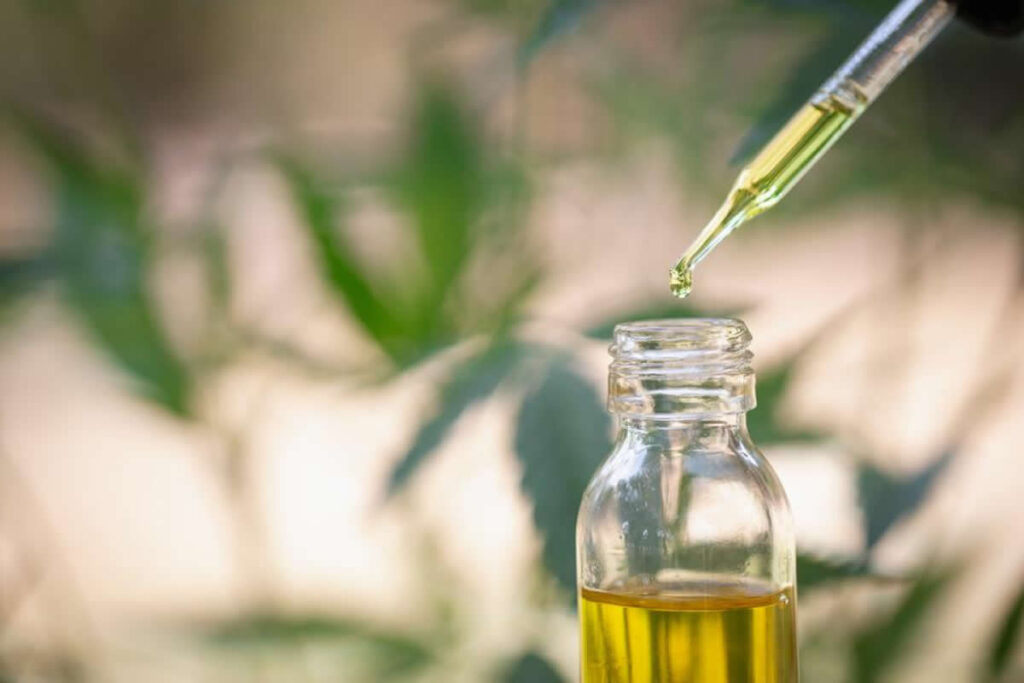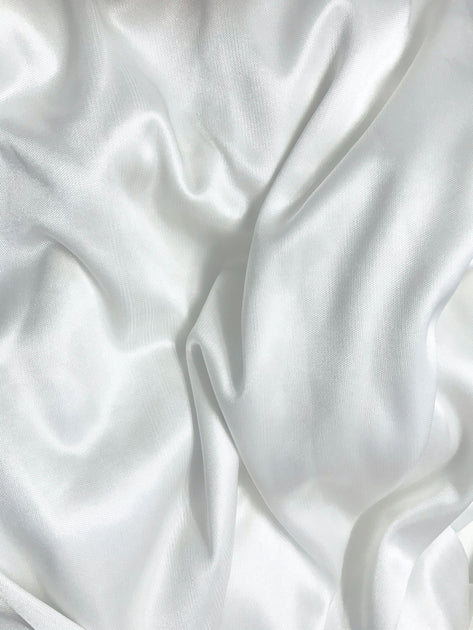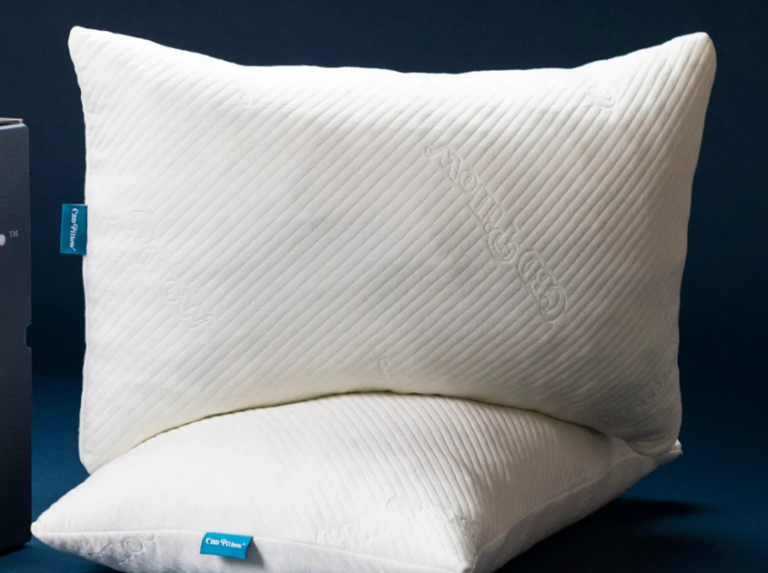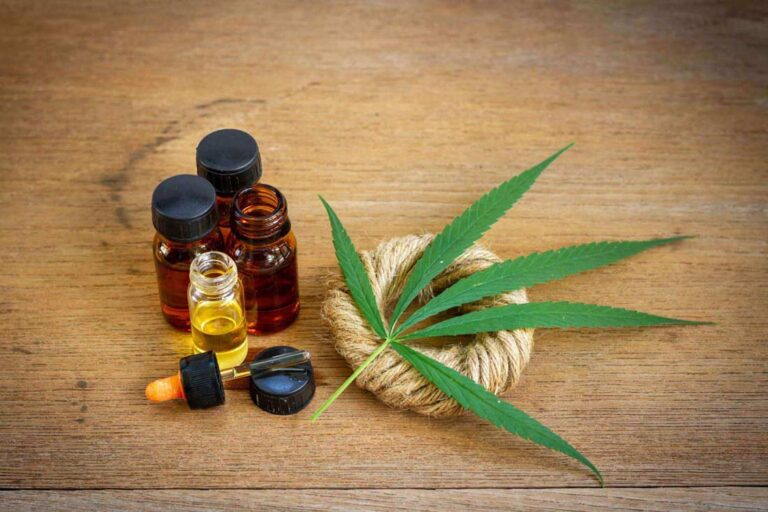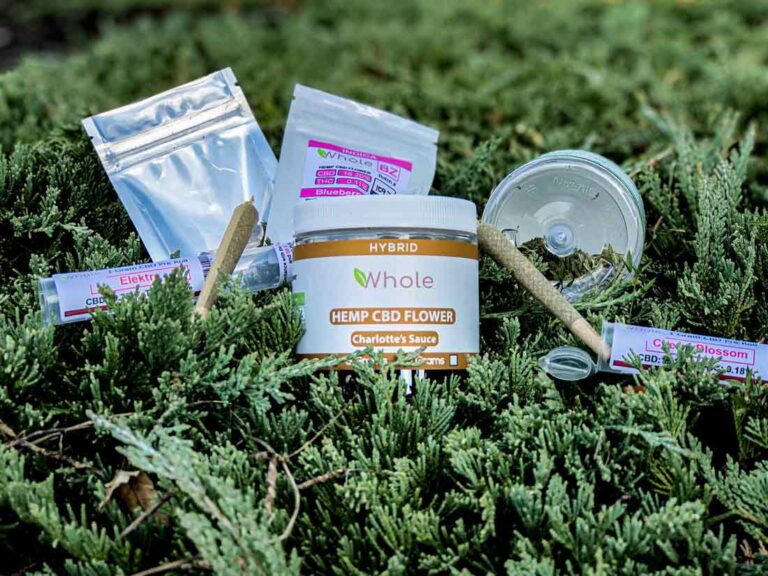Summary: H2CBD, a synthetic version of the cannabis compound CBD, has been found to be effective in decreasing the number and severity of seizures in rats.
Source: UC Davis
A synthetic, non-intoxicating analogue of cannabidiol (CBD) is effective in treating seizures in rats, according to research by chemists at the University of California, Davis. The synthetic CBD alternative is easier to purify than a plant extract, eliminates the need to use agricultural land for hemp cultivation, and could avoid legal complications with cannabis-related products. The work was recently published in the journal Scientific Reports.
“It’s a much safer drug than CBD, with no abuse potential and doesn’t require the cultivation of hemp,” said Mark Mascal, professor in the UC Davis Department of Chemistry. Mascal’s laboratory at UC Davis carried out the work in collaboration with researchers at the University of Reading, U.K.
Products containing CBD have recently become popular for their supposed health effects and because the compound does not cause a high. CBD is also being investigated as a pharmaceutical compound for conditions including anxiety, epilepsy, glaucoma and arthritis. But because it comes from extracts of cannabis or hemp plants, CBD poses legal problems in some states and under federal law. It is also possible to chemically convert CBD to tetrahydrocannabinol (THC), the intoxicating compound in marijuana.
8,9-Dihydrocannabidiol (H2CBD) is a synthetic molecule with a similar structure to CBD. Mascal’s laboratory developed a simple method to inexpensively synthesize H2CBD from commercially available chemicals. “Unlike CBD, there is no way to convert H2CBD to intoxicating THC,” he said.
One important medical use of cannabis and CBD is in the treatment of epilepsy. The U.S. Food and Drug Administration has approved an extract of herbal CBD for treating some seizure conditions and there is also strong evidence from animal studies.
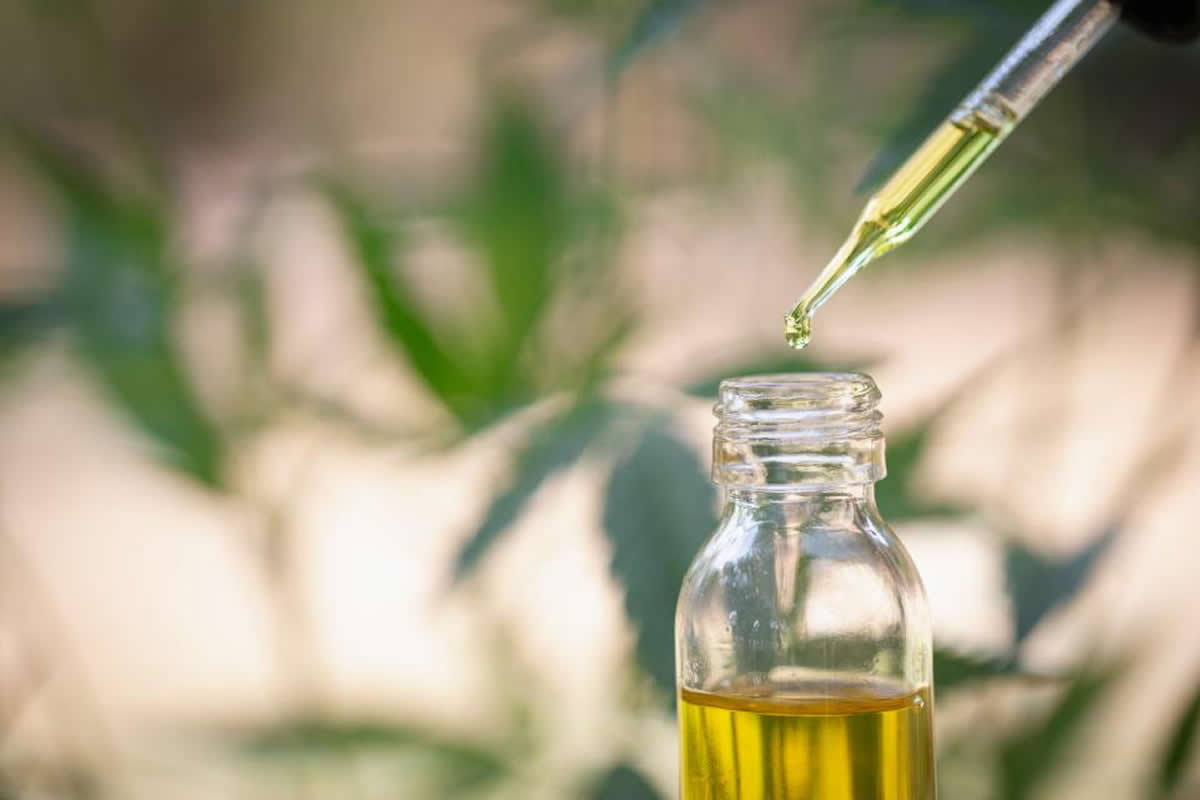
The researchers tested synthetic H2CBD against herbal CBD in rats with induced seizures. H2CBD and CBD were found to be equally effective for the reduction of both the frequency and severity of seizures.
Mascal is working with colleagues at the UC Davis School of Medicine to carry out more studies in animals with a goal of moving into clinical trials soon. UC Davis has applied for a provisional patent on antiseizure use of H2CBD and its analogues, and Mascal has founded a company, Syncanica, to continue development.
Additional authors on the paper are Nema Hafezi and Deping Wang at UC Davis, and Yuhan Hu, Gessica Serra, Mark Dallas and Jeremy Spencer at the University of Reading.
About this neuroscience research article
Source:
UC Davis
Media Contacts:
Andy Fell – UC Davis
Image Source:
The image is adapted from the UC Davis news release.
Original Research: Open access
“Synthetic, non-intoxicating 8,9-dihydrocannabidiol for the mitigation of seizures”. Mark Mascal, Nema Hafezi, Deping Wang, Yuhan Hu, Gessica Serra, Mark L. Dallas & Jeremy P. E. Spencer .
Scientific Reports. doi:10.1038/s41598-019-44056-y
Abstract
Synthetic, non-intoxicating 8,9-dihydrocannabidiol for the mitigation of seizures
There can be a fine line between therapeutic intervention and substance abuse, and this point is clearly exemplified in herbal cannabis and its products. Therapies involving cannabis have been the treatment of last resort for some cases of refractory epilepsy, and this has been among the strongest medical justifications for legalization of marijuana. In order to circumvent the narcotic effects of Δ9-tetrahydrocannabinol (THC), many studies have concentrated on its less intoxicating isomer cannabidiol (CBD). However, CBD, like all natural cannabinoids, is a controlled substance in most countries, and its conversion into THC can be easily performed using common chemicals. We describe here the anticonvulsant properties of 8,9-dihydrocannibidiol (H2CBD), a fully synthetic analogue of CBD that is prepared from inexpensive, non-cannabis derived precursors. H2CBD was found to have effectiveness comparable to CBD both for decreasing the number and reducing the severity of pentylenetetrazole-induced seizures in rats. Finally, H2CBD cannot be converted by any reasonable synthetic route into THC, and thus has the potential to act as a safe, noncontroversial drug for seizure mitigation.
Feel free to share this Neuroscience News.
Source: neurosciencenews.com
